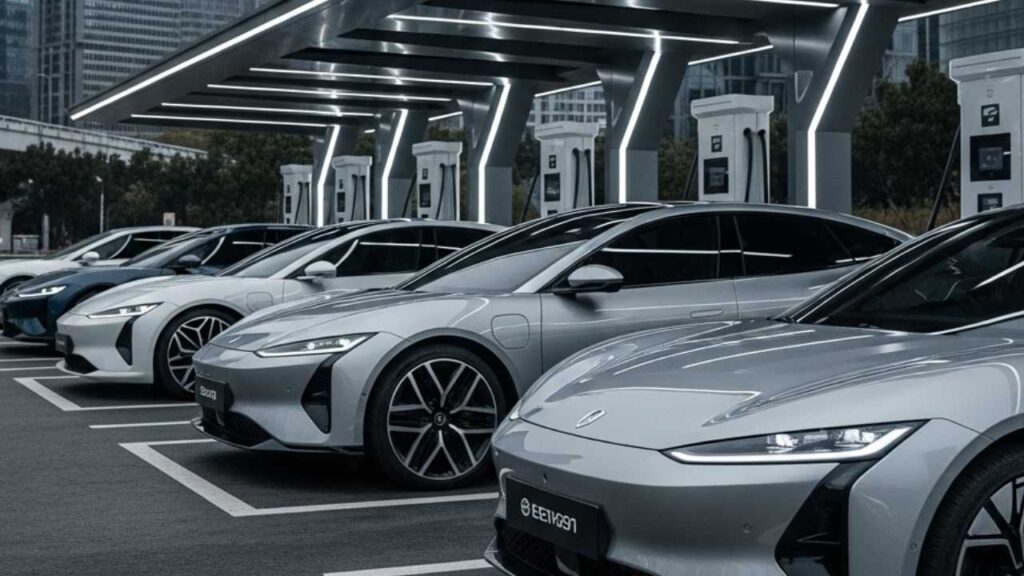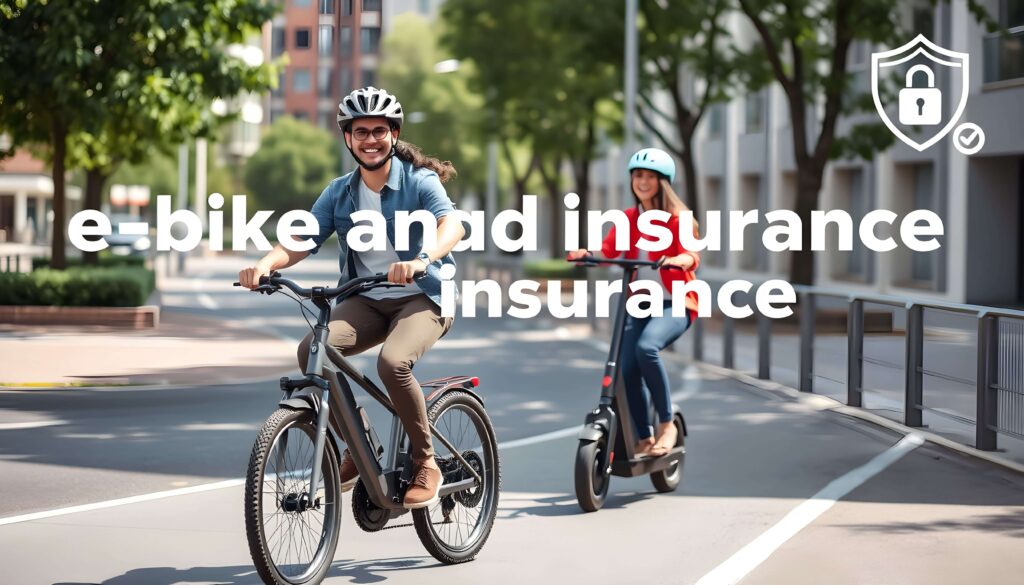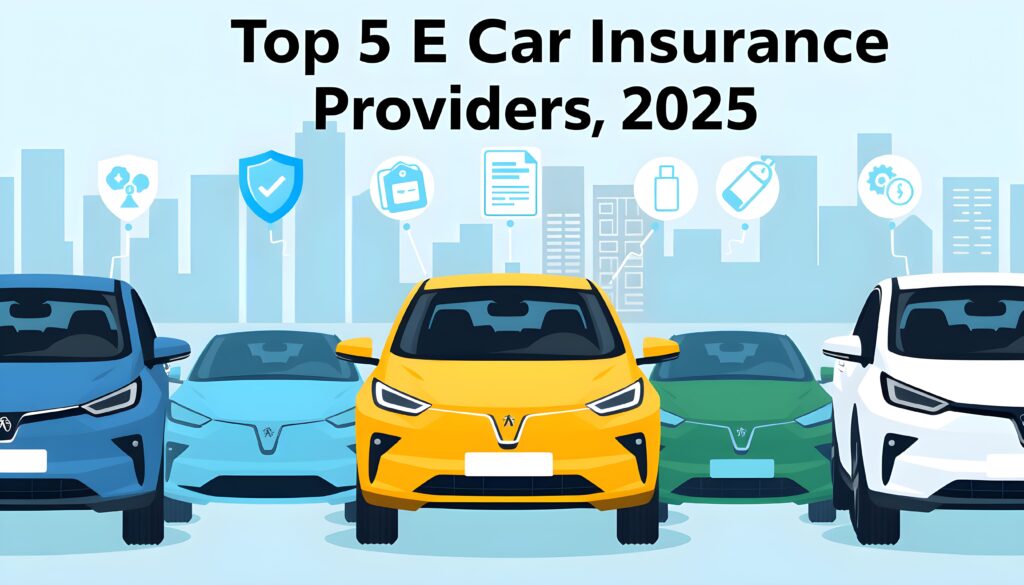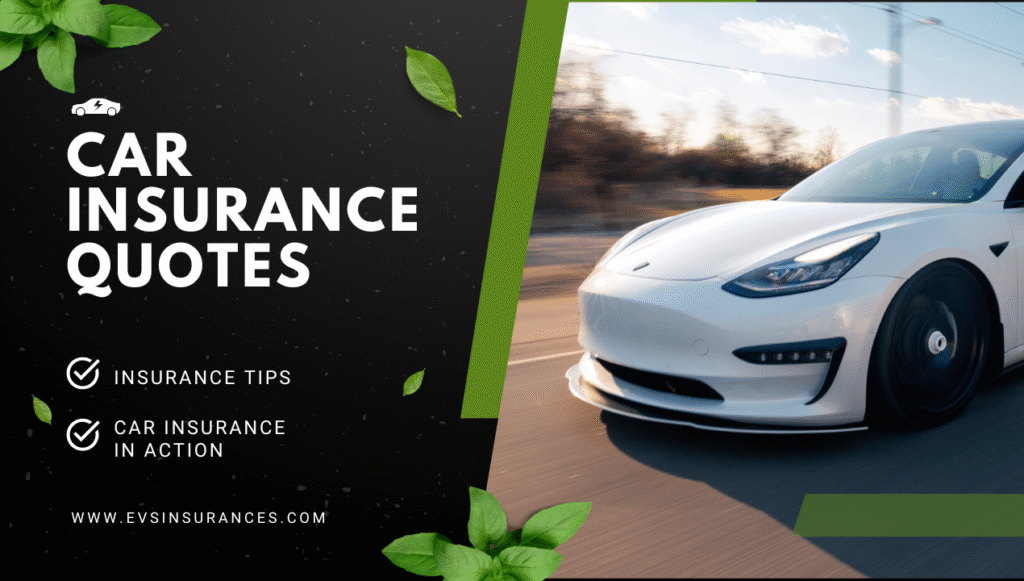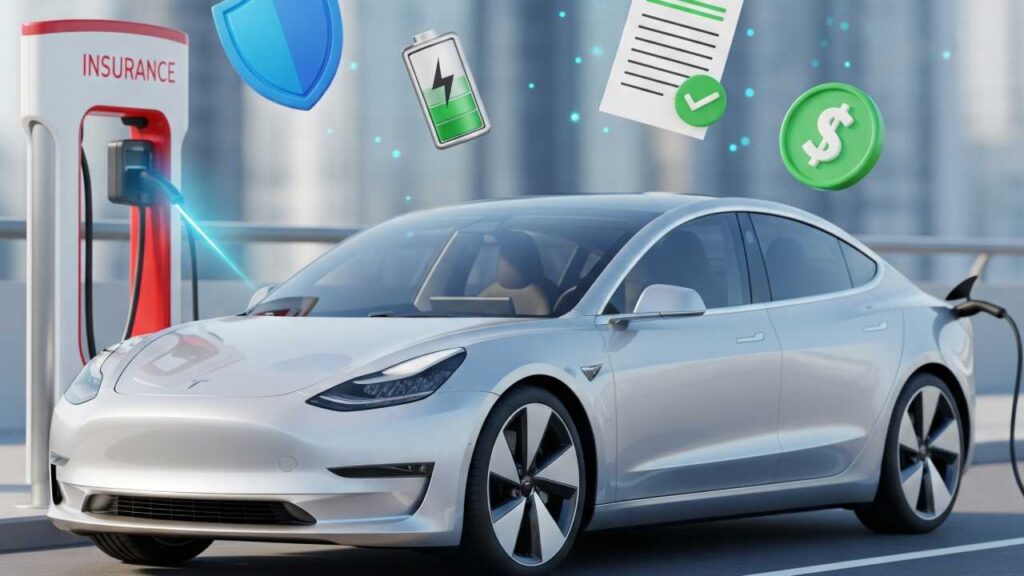
As electric vehicles (EVs) surge in popularity across the U.S., understanding how EV insurance works has become essential for new and prospective owners. Whether you’re driving a Tesla, a Nissan Leaf, or any other electric car, this EV insurance guide will help you navigate coverage options, claims, providers, and legal tips to protect your investment.
What Is EV Insurance?
EV insurance is a specialized policy designed to cover the unique aspects of electric vehicles. While it shares similarities with traditional auto insurance, electric vehicle insurance must also account for high-tech components, such as battery systems, autonomous driving features, and the higher cost of repairs.
Key Features of EV Insurance
- Coverage for EV battery insurance and related systems
- Specialized repair networks for electric car components
- Unique risks, including fire or water damage to high-voltage systems
Types of EV Insurance Coverage
1. EV Liability Coverage
Required in all states, liability coverage pays for damages you cause to others. It includes:
- Bodily injury liability
- Property damage liability
2. Comprehensive EV Insurance
Covers theft, vandalism, natural disasters, and more—especially crucial for protecting expensive EV components.
3. Collision Coverage for EVs
Essential for accidents, regardless of fault. Helps cover repair or replacement costs, especially for high-value EV parts.
Filing an EV Insurance Claim: Step-by-Step
Step 1: Assess Damage and Notify Your Insurer
Document everything, especially if the EV battery is involved.
Step 2: Use an Approved Repair Shop
Many EV insurance providers require service through certified electric vehicle mechanics.
Step 3: Follow Up on Your EV Insurance Claim
Electric cars often require specialized parts, so expect longer timelines.
EV Accident Claims Tip: Always check if the insurance covers towing and battery diagnostics.
How Much Does EV Insurance Cost?
The EV insurance cost varies by:
- Vehicle make and model (e.g., Tesla insurance is often more expensive)
- Location (rates differ by state)
- Driving history
- Chosen coverage levels
On average, EV insurance is 10–20% higher than gas-powered vehicles due to parts and repair costs.
Best EV Insurance Providers in the USA
Looking for the best EV insurance? Here’s a EV insurance comparison of top-rated companies:
Cheap EV Insurance Tips:
- Bundle EV with home insurance
- Use telematics or usage-based tracking
- Increase deductible for lower premiums
EV Insurance Tips for First-Time Owners
- Always read the fine print: Know if collision coverage EV applies to autonomous accidents.
- Ask about EV liability coverage for charging-related incidents.
- Look for comprehensive EV insurance that includes flood protection—essential for battery safety.
- Check compatibility with Tesla insurance or third-party EV plans.
Legal Tips for EV Insurance & Ownership
Navigating the legal side of EV car insurance USA is crucial:
- Understand state-specific EV insurance laws.
- If leasing your EV, ensure insurance meets the lender’s requirements.
- If involved in a crash, consult electric car legal advice before settling.
Choosing the right EV insurance coverage can save you thousands in unexpected costs. From understanding EV insurance claims to comparing providers and legal advice, this guide helps you make smart, informed decisions.
Have questions about insuring your electric car? Share your experience or ask in the comments below!
